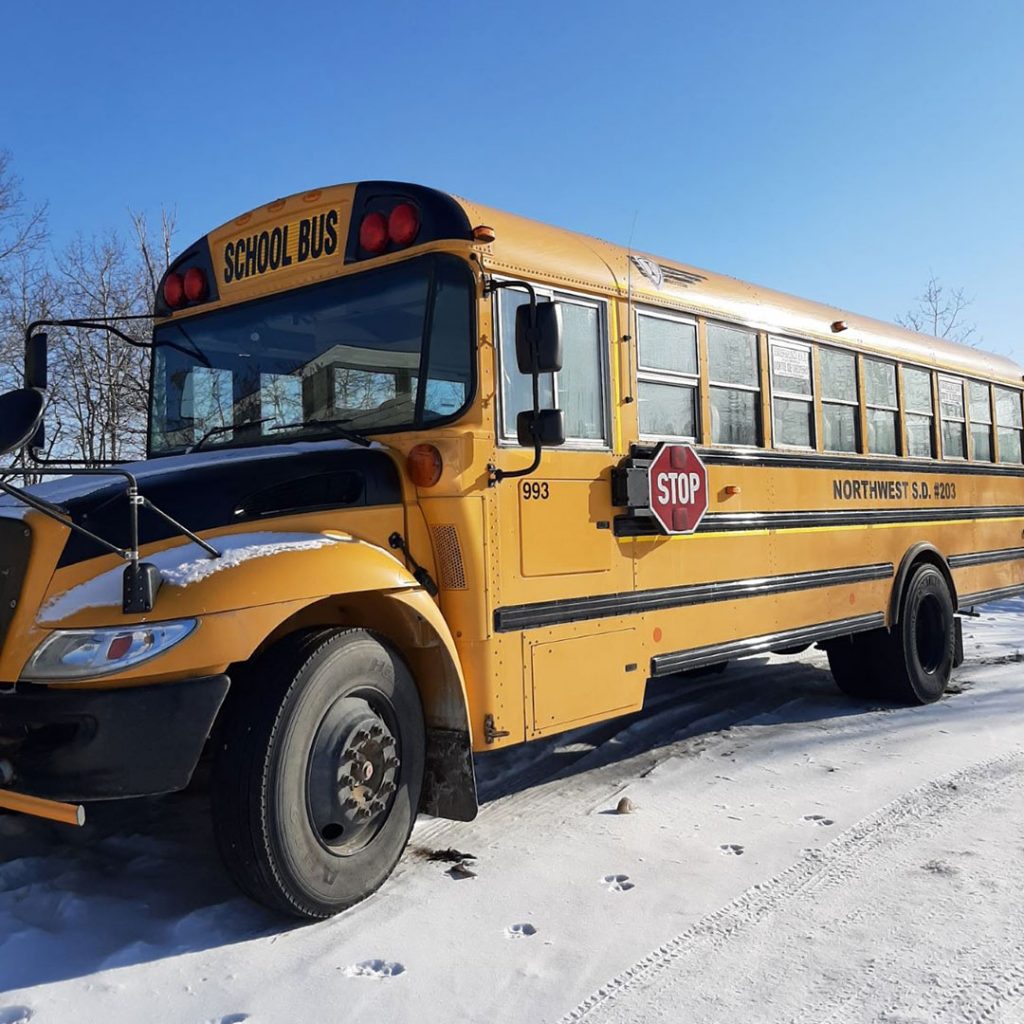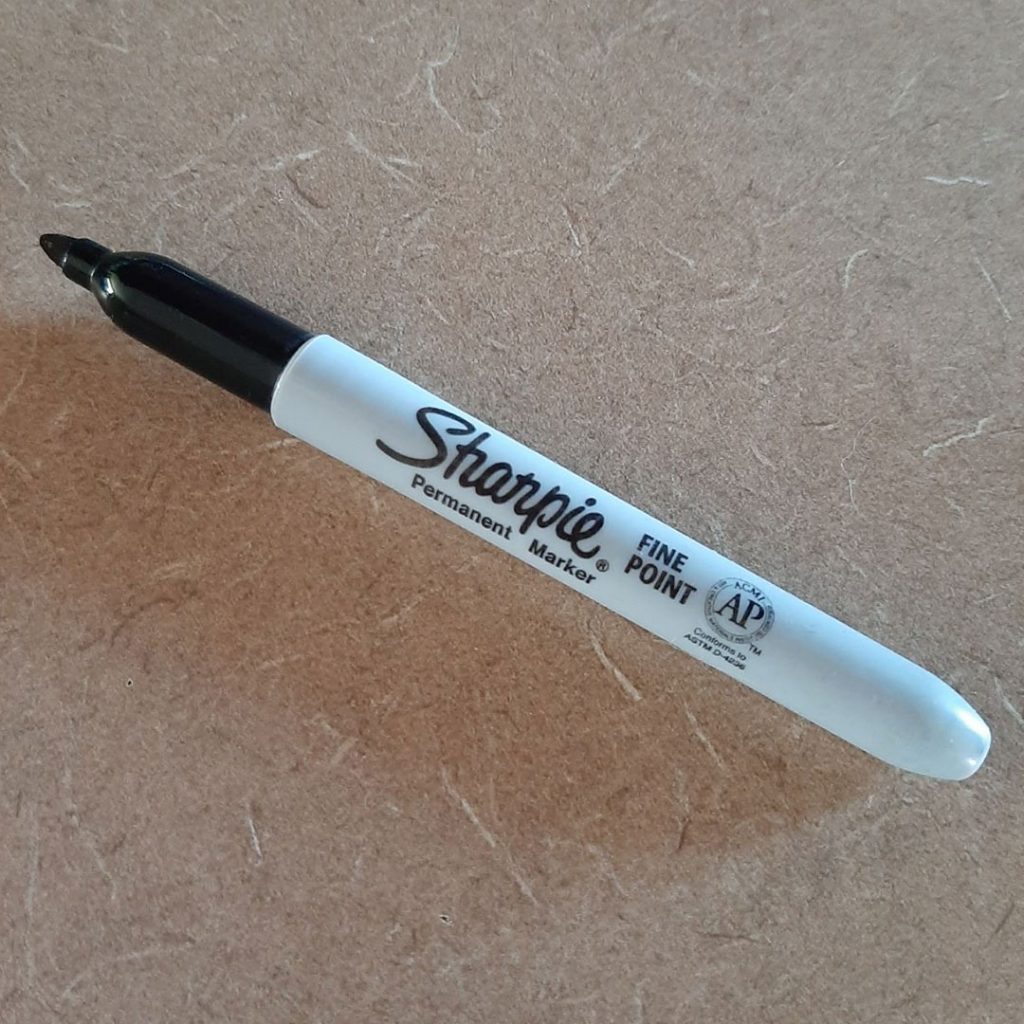Why is it that when we human beings are accused, blamed or questioned, either rightly or wrongly, our first inclination is to immediately deny all responsibility?
It’s a reflex action I suppose. Of course, this is never truer than when we’re young; when rebuttals are spat from the mouth as easily as Brussel sprouts.
“Who left these crayons on the table?” was the simple question recently posed to a class of grade one students by their long-suffering teacher. It was, in fact, a non-threatening question delivered by a mild-mannered, smiling woman of kindness, but it might as well have been rapped out by the Grand Inquisitor just before he signalled a firing squad to take careful aim.
An immediate chorus of denial rang out. Earnest faces, with wide guiltless eyes, claimed their innocence, cited their whereabouts at the time of the crime (far, far away) and denied any involvement whatsoever.
Nonetheless, although not themselves on the scene, they were, surprisingly, able to see who HAD been there, and easily identified their friends as possible perpetrators of the deed. As is the case in many crimes, the culprit was never found.
Interestingly, along this same theme, that very night I found a pair of small red gloves on my school bus, forgotten and alone. Next morning, in an attempt to locate the owner, I held them aloft as each child climbed aboard, but everyone denied ever having seen them before. How odd.
I protested the point after the last child was seated and everyone turned a bored face to listen—sort of.
“These gloves have to belong to someone,” I said encouragingly. “I’m not accusing you of mitten neglect; there’ll be no court case; the police will not be called; there’s no blame to be laid. I simply wish to give you your gloves.” I searched each set of vacant eyes, feeling exasperated as tiny shoulders shrugged.
Of course, this isn’t the first time I’ve seen such a phenomena. It’s played out every, single, solitary day at school.
“Is this your book?” “No.” (Their name is written inside).
“Did you spill this juice?” “No.” (Holding a dripping apple beverage).
“Is that your candy wrapper on the floor?” “No.” (Eating candy).
Once the children had exited the bus, I was forced to consider the only other possible explanation; these red gloves were independent agents, beholden to no man, free-lance mittens, as it were.

Sauntering along the bitterly cold streets of Marshall on their way to attend a morning coffee date with friends, these fuzzy hand warmers must have found themselves a mite chilled, and chose to pry open the heavy double doors of a random, frigid school bus, clamber inside and sprawl three rows back on a glacial vinyl seat. Yeah, that’s it.
One further example of this behavior was several weeks ago as a small boy named Randon, lifted his arm above the school bus seat to reveal a fat, black, UNCAPPED Sharpie, clutched in his paw.

Typically, his response to my loud, immediate query was, “What Sharpie?” but as his seatmate popped into view sporting a thick, misshapen handlebar moustache, heavy, somewhat pointy eyebrows and two round black circles high on his cheeks, I knew.
We can deny responsibility all we want, but the truth will set us free.
